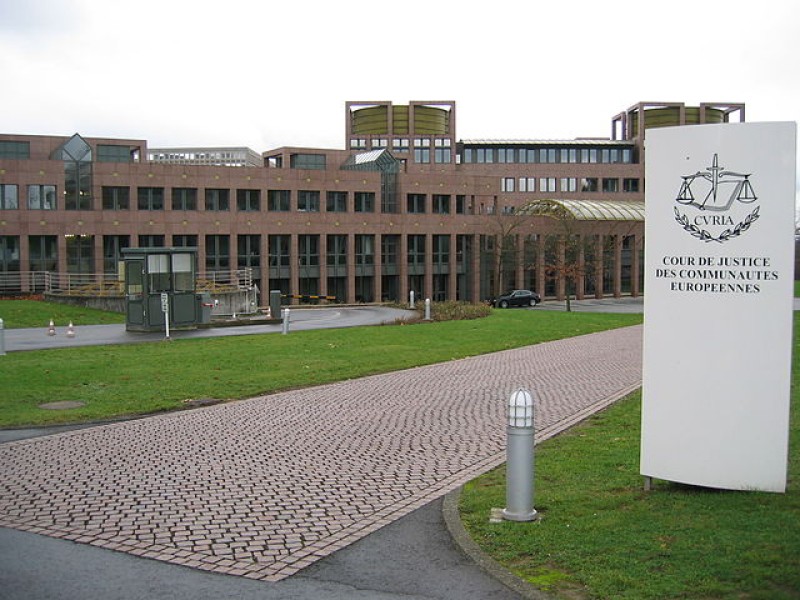“I don’t know if they realize what they’ve done. To put it mildly, we are shocked,” said Anuska Delic, an investigative journalist affiliated with the OCCRP.
Delic was one of 29 journalists from across the EU to file a complaint to the European Court three years ago over the European Parliament’s refusal to release documentation of how the allowances--public money--were being spent.
That complaint was struck down. The verdict called the information the “personal data” of the members of the European Parliament (MEPs), adding that “the mere fact that those personal data are closely linked to public data on those persons does not mean that those data cannot be characterized as personal data.”
Delic disagreed, calling the verdict a “copy-paste” of the European Parliament’s previous excuses for not forking over the information.
“It pertains to public spending… It’s not supposed to be public money being spent for private use,” she told the OCCRP.
Along with their monthly salary of roughly US$ 10,000, MEPs receive a Byzantine slew of additional allowances, including a general allowance of roughly $5,200 a month, travel allowances that can run to over $5,000 annually, and an annual staffing arrangement budget of nearly US$ 29,000.
Previous investigations show that these allowances--which could cost taxpayers well over US $72 million per year--have been put to uses that the public might not be sympathetic to.
A few Polish MEPs paid a slew of fictitious employees--as well as a make-up artist---from their staffing allowances. Marie Le Pen allegedly paid her personal bodyguard out of hers.
Meanwhile, though the general allowance of $5,200 a month is meant to cover office expenditures in MEPs’ home states, a 2017 investigation suggested some MEPs put it to other use.
Forty-two MEPs were using their allowance to pay rent to national political parties, or putting it into their own personal accounts.
An additional 249 out of 751 MEPs appeared to have no offices at all in their home countries, but were still collecting their allowances.
Delic said that she and her fellow journalists would appeal the verdict, adding that the judgement, couched in privacy arguments, was a disappointment.
“I really expected the EU court to try harder. But the arguments are so stale and so yesterday,” she said.






